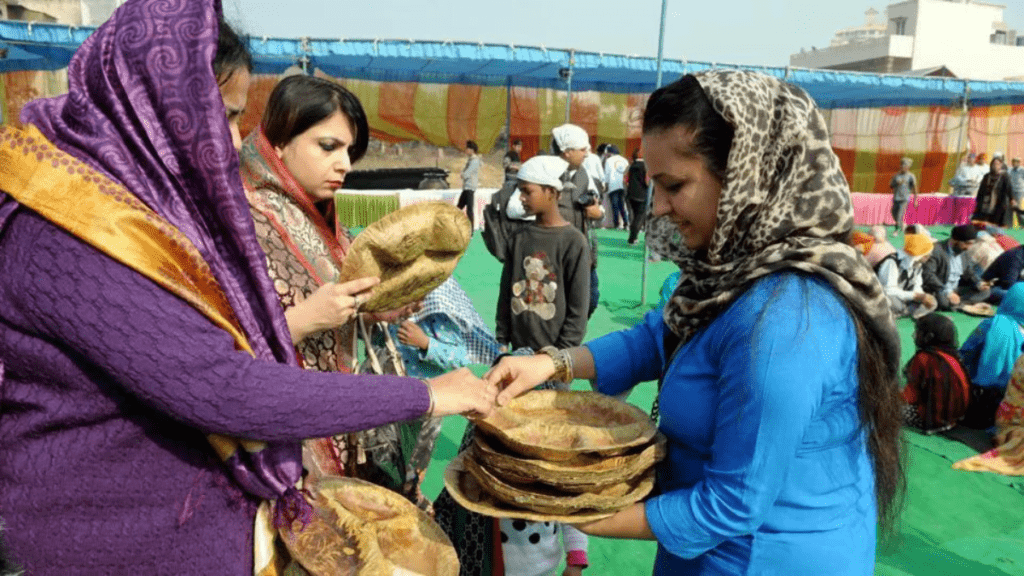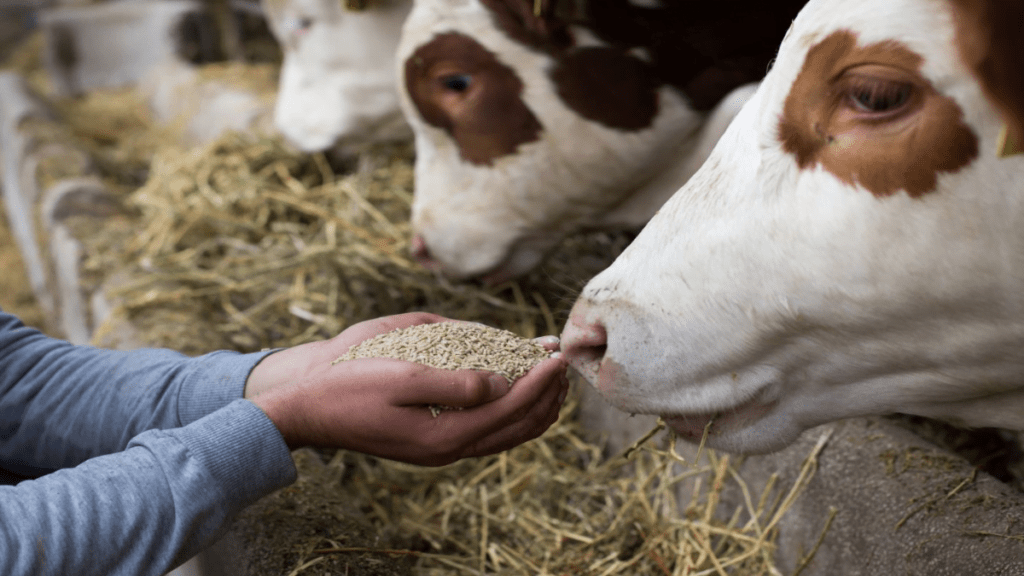Hinduism is one of the oldest and most diverse religions in the world, with a rich spiritual tradition that emphasizes the importance of selfless service or seva. In Hinduism, seva is considered to be one of the most important paths to spiritual growth and fulfillment. Seva is the act of selfless service performed without any expectation of reward or recognition. It is an essential aspect of Hinduism that can be practiced by anyone, regardless of their social status or religious beliefs.
The concept of seva is deeply rooted in Hindu philosophy and is based on the principle of karma, which states that every action we take has consequences, and these consequences determine our future. The idea is that by performing selfless service, we can accumulate positive karma, which can lead to spiritual growth and fulfillment. Seva is not only about helping others, but it is also about recognizing the divine in all beings and serving them with love and compassion.
Seva can take many different forms, including volunteering at a temple or community center, serving food to the needy, helping the elderly or disabled, cleaning up the environment, or simply lending a listening ear to someone in need. The important thing is to perform seva with a pure heart and without any expectation of reward or recognition.

One of the most famous examples of seva in Hinduism is the story of Lord Rama and his devoted servant, Hanuman. Hanuman is known for his unwavering devotion and selfless service to Lord Rama. He is often depicted as a symbol of seva, as he always puts the needs of Lord Rama before his own. Hanuman’s devotion and selfless service to Lord Rama are an inspiration to all Hindus and serve as a reminder of the importance of seva in Hinduism.
Seva is also an important aspect of Hindu culture and is practiced in many different ways. For example, it is common for Hindus to perform seva during festivals and other religious ceremonies. During these events, devotees will often volunteer their time and resources to help organize and run the event. This can involve anything from cooking food for the attendees to cleaning up afterwards.
In Sikhism, the concept of community service, or seva, is central to the Sikh faith’s spirit.
According to Bhai Gurdas, these acts are far superior to countless sacrificial fires and ceremonial performances, as well as mere meditation and worldly knowledge. Seva can be performed in any way, whether through labour, feelings, or material means. The first is the highest of all and is mandatory for all Sikhs. Worker dignity is most evident in Guru ka Langar, the community kitchen, and in serving the sangat, the holy assembly. Langar is a one-of-a-kind way of combining worship and service. One can help by cutting vegetables, cooking food, distributing water and langar, washing utensils, cleaning the premises, and caring for footwear as well as ration collection.
In addition to its spiritual benefits, seva also has practical benefits for both the individual and society as a whole. By performing selfless service, individuals can develop a sense of purpose and meaning in their lives. They can also develop important skills such as teamwork, leadership, and communication, which can be useful in other areas of their lives.
Seva is not just about doing good deeds, it is also about cultivating the right mindset and attitude. In Hinduism, seva is considered to be an act of devotion to the divine, and it is performed with humility, love, and compassion. It is not done to gain recognition or to impress others, but to serve the divine in all beings.

At the same time, seva can have a positive impact on society by helping to address social problems such as poverty, hunger, and inequality. By volunteering their time and resources to help those in need, individuals can make a tangible difference in their communities and contribute to the greater good.
Overall, the importance of seva in Hinduism cannot be overstated. It is a fundamental aspect of the religion that has been practiced for thousands of years and continues to be an important part of Hindu culture today. By performing selfless service, individuals can not only improve their own spiritual well-being but also contribute to the greater good of society. Whether it is through volunteering at a temple, serving food to the needy, or simply lending a helping hand to someone in need, seva is a powerful way to connect with the divine and make a positive impact on the world around us.



















Add comment